Asphalt driveway dilemma. Please help!
pingpong
9 years ago
Related Stories

DECLUTTERINGDownsizing Help: Choosing What Furniture to Leave Behind
What to take, what to buy, how to make your favorite furniture fit ... get some answers from a homeowner who scaled way down
Full Story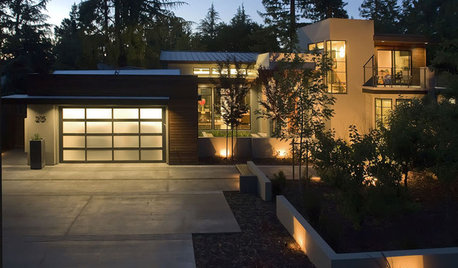
REMODELING GUIDESConcrete Driveways: Poring Over the Pros and Cons
Concrete adds smooth polish to driveways and a sleek look to home exteriors, but here are the points to ponder before you re-surface
Full Story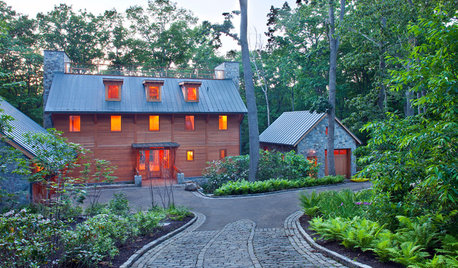
GREAT HOME PROJECTSHow to Give Your Driveway and Front Walk More Curb Appeal
Prevent injuries and tire damage while making a great first impression by replacing or repairing front paths
Full Story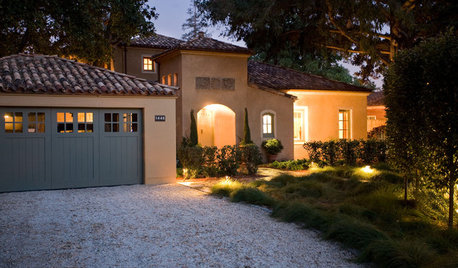
REMODELING GUIDESGravel Driveways: Crunching the Pros and Cons
If you want to play rough with your driveway, put away the pavers and choose the rocky road
Full Story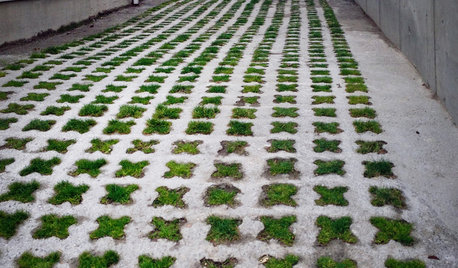
EARTH DAYHow to Build a Greener Driveway
Install a permeable driveway to keep pollutants out of water sources and groundwater levels balanced
Full Story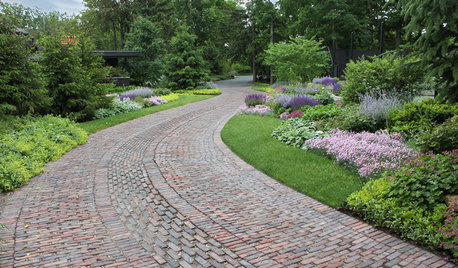
LANDSCAPE DESIGN6 Driveway Looks Take Landscapes Along for the Ride
See how to design a front yard that makes your driveway its own destination
Full Story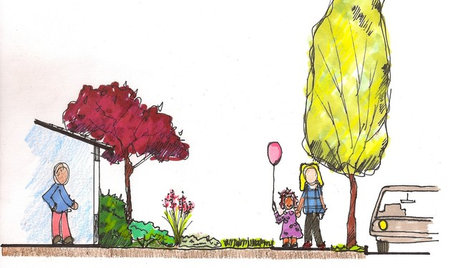
LANDSCAPE DESIGNGive Curb Appeal a Self-Serving Twist
Suit yourself with a front-yard design that pleases those inside the house as much as viewers from the street
Full Story
GARDENING AND LANDSCAPINGReaders' Choice: The 10 Most Popular Outdoor Spaces of 2012
All in the courtyard, please rise — these favorite patios, yards and decks deserve your full attention
Full Story
LANDSCAPE DESIGNLandscaping Tricks to Manage Stormwater Runoff
Help rainwater absorb slowly back into the earth with paving grids, gravel beds and other porous systems
Full Story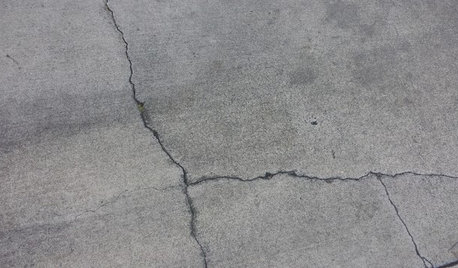
CONCRETEWhy Concrete Wants to Crack
We look at the reasons concrete has a tendency to crack — and what you can do to help control it
Full Story





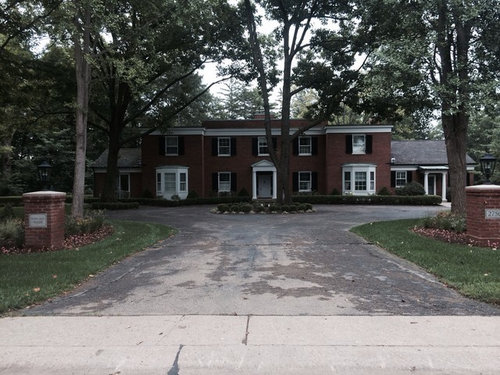





mike_kaiser_gw
pingpongOriginal Author
Related Professionals
Carlisle Kitchen & Bathroom Designers · Ridgewood Kitchen & Bathroom Designers · Reedley Kitchen & Bathroom Designers · Beaverton Kitchen & Bathroom Remodelers · Creve Coeur Kitchen & Bathroom Remodelers · Elk Grove Village Kitchen & Bathroom Remodelers · Emeryville Kitchen & Bathroom Remodelers · Fairland Kitchen & Bathroom Remodelers · League City Kitchen & Bathroom Remodelers · Lynn Haven Kitchen & Bathroom Remodelers · Joppatowne Kitchen & Bathroom Remodelers · Gibsonton Kitchen & Bathroom Remodelers · Dania Beach Architects & Building Designers · Keansburg Architects & Building Designers · Washington Architects & Building Designersmjlb
mxyplx
worthy
pingpongOriginal Author
Joseph Corlett, LLC
worthy
worthy
pingpongOriginal Author